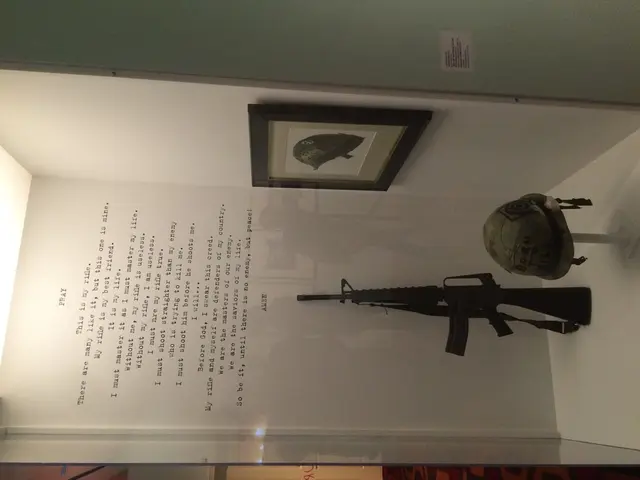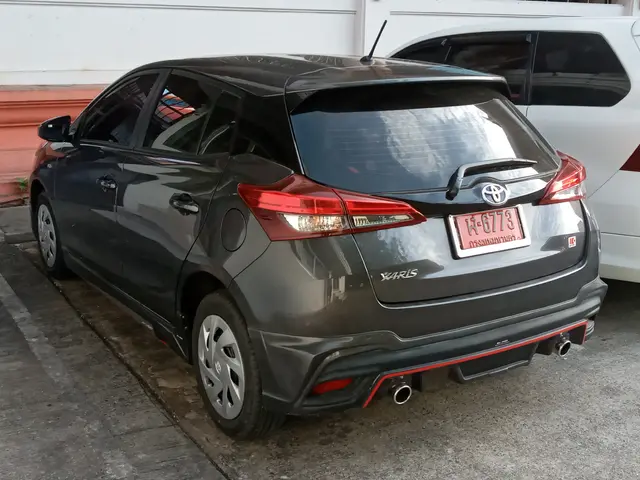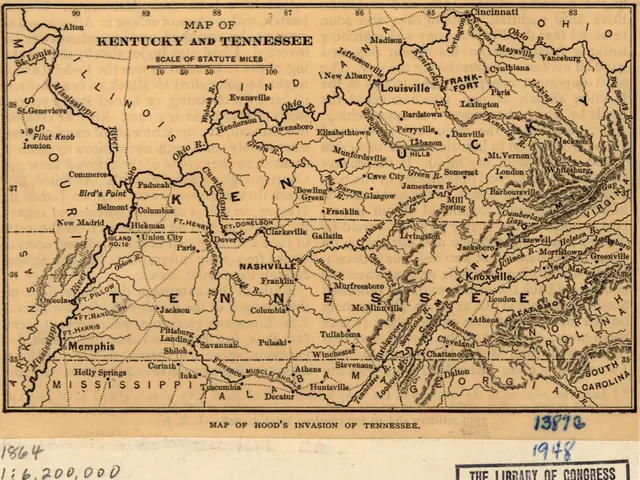Criminal organizations and safety conditions across Latin America
The Alliance for Security, Justice, and Development was launched in December 2024, bringing together 18 countries from Latin America and the Caribbean. This alliance, spearheaded by the Inter-American Development Bank, aims to address the persistent issue of organized crime in the region.
The countries involved in the alliance include Argentina, the Bahamas, Barbados, Belize, Brazil, Chile, Costa Rica, the Dominican Republic, Ecuador, Guatemala, Guyana, Honduras, Jamaica, Panama, Paraguay, Peru, Suriname, and Uruguay. 11 organizations are participating in the initiative, including the Organization of American States, Interpol, the World Bank, and the Development Bank of Latin America and the Caribbean.
The alliance focuses on three main pillars: protecting vulnerable populations, strengthening security and justice institutions, and reducing illicit markets and financial flows. This comprehensive approach recognizes the complex nature of organized crime and its impact on the region.
While countries farthest from the drug-trafficking chain, such as Uruguay and Chile, or those with more independent judiciaries, like Brazil, are likely to fare better, the most likely scenario is that organized crime and its role in corruption and violence will remain a fixture of Latin America's political, social, and economic landscape, with significant regional variations.
Mexico and parts of Central America will remain particularly vulnerable. In recent years, countries in Latin America affected by transnational criminal networks include Mexico, Colombia, Brazil, Venezuela, and several Central American nations such as Guatemala, Honduras, and El Salvador.
The transnational nature of these threats in a region without a permanent collective security institution makes fighting organized crime a Sisyphean task. Reductions in foreign assistance from President Donald Trump's administration are likely to exacerbate this trend.
However, the alliance is not without hope. Certain jurisdictions have experimented with hybrid strategies that combine community-based prevention programs with targeted law enforcement operations. Police and judicial reforms, such as enhanced officer vetting, professionalization, and the protection of independent prosecutors, can help weaken collusion between state officials and criminal organizations.
Intelligent-led policing, which focuses on strategically targeting criminal networks, avoiding mass arrests and abuses often associated with militarized strategies, is another promising approach. Social investment in marginalized neighborhoods can help reclaim space and build trust among citizens.
Despite these promising strategies, given the political and social pressures favoring immediate security, there is limited evidence to suggest that leaders in Latin America or their constituents are inclined to take these steps. The alliance aims to promote evidence-based policies and implement concrete actions.
The most optimistic scenario is the least likely, requiring a regional effort to enhance governance capabilities, coordinate security responses, eliminate ungoverned areas, and ensure judicial independence to effectively investigate corruption and prosecute criminals. Even if it occurs, universal reduction in violence would reflect better management of organized crime rather than its complete eradication. Public support for security militarization will persist only as long as the security situation improves.
Mano dura will remain a favored policy, but it is unlikely to reduce violence or homicide rates as significantly as it did in El Salvador. The alliance's focus on protecting vulnerable populations, strengthening security and justice institutions, and reducing illicit markets and financial flows offers a more sustainable and comprehensive approach to addressing organized crime in Latin America.
Read also:
- Peptide YY (PYY): Exploring its Role in Appetite Suppression, Intestinal Health, and Cognitive Links
- Easing Pedestrian Traffic Signal Pressure
- Astral Lore and Celestial Arrangements: Defining Terms & In-Depth Insights - Historical Accounts & Glossary of Cosmic Mythology
- ICE directed to enhance detention conditions following NYC immigrants' allegations of maltreatment








